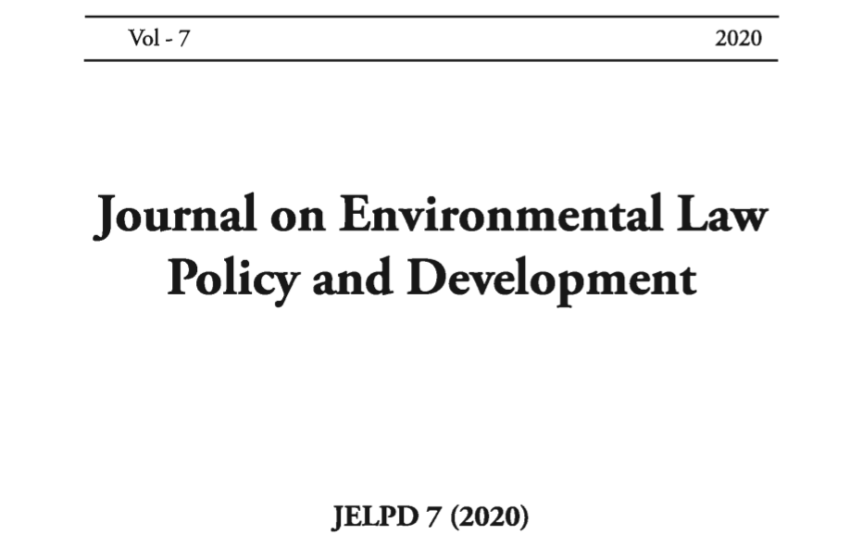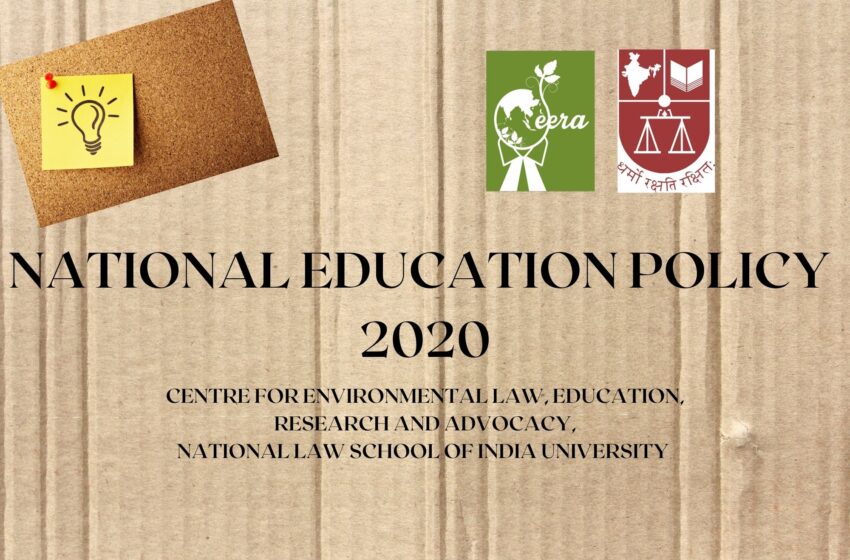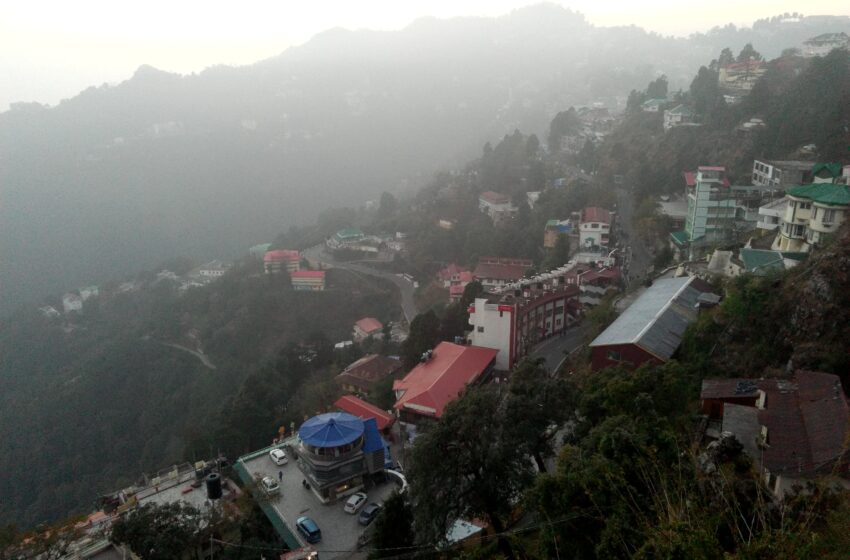ONLINE WORKSHOP ON THE USE OF HAZARDOUS PESTICIDES AND THE IMPACT ON ENVIRONMENT AND HEALTH: LEGAL AND SOCIAL IMPLICATIONS ABOUT THE WORKSHOP The Rotterdam Convention on the Prior Informed Consent Procedure for Certain Hazardous Chemicals and Pesticides in International Trade is a collaborative effort for the promotion of human health and environment. It furthers these goals through […]Read More
Tags : nlspublication
Illicit Wildlife Trade: Adding fuel to the Pandemic Fire Madhubanti Sadhya, Teaching Associate, CEERA-NLSIU Milind Rajratnam, Intern, CEERA-NLSIU “To prevent future outbreaks, countries need to conserve wild habitats, promote sustainable agriculture, strengthen food safety standards, monitor and regulate food markets, invest in technology to identify risks, and curb the illegal trade in wildlife,” – […]Read More
About the Journal Journal on Environmental Law, Policy and Development, is an annual peer reviewed journal of the Centre for Environmental Law, Education, Research and Advocacy (CEERA). Seven volumes of the Journal has been released. Over the years, the Journal has featured articles on different themes of environmental law ranging from the governing principles of […]Read More
Legal Education and National Education Policy 2020 Dr. Sairam Bhat[1] and Gayathri Gireesh[2] The National Education Policy 2020, the third to be adopted by the country has come a long way since its first predecessor, the National Policy on Education adopted in 1968[3] by the then Prime Minister Indira Gandhi. It called for the “radical […]Read More
Implications of Novation of Contracts on Arbitration Clauses: A Case Comment on Sanjiv Prakash v. Seema Kukreja & Ors. Prof. (Dr.) Sairam Bhat, Professor of Law & Coordinator of CEERA, NLSIU Lianne D’Souza, Research Fellow, CEERA, NLSIU Introduction The doctrine of ‘separability’ or ‘severability’ in the law governing arbitration postulates that an arbitration clause is […]Read More
Accessing Biological Resources in Karnataka: Why Should Entites Comply? Sairam Bhat , Raghav Parthasarathy and Rohith Kamath [1] ‘Ignorantia juris non excusat’ is a Latin maxim, which translates to ‘ignorance of law is no excuse’. This maxim is not only an ancient brocard but also imbibes one of the fundamental principles developed in the legal […]Read More
Analysis of Building & Construction Regulations of Hill Towns in India Lianne D’Souza, Research Fellow, CEERA Shivangi Pandia, Intern, CEERA Introduction With the increasing population of India, cities are developing tremendously to meet the increasing demand in buildings for various purposes, viz. recreational, educational, residential and commercial workplaces. The scenario is more critical in the […]Read More
Legislating Climate Change – Is the time ripe to enact a Law? Sairam Bhat and Madhubanti Sadhya [i] India is one amongst the extremely vulnerable countries that continues to face the wrath of climate change. Positioned uniquely with three major water bodies surrounding peninsular India, the subcontinent with a 7,500 km coastline, is not only […]Read More
Environmental Protection- Outside the Realm of Existing Legislative Framework? M.G. KODANDARAM, IRS (Retd.) & Assistant Director – NACEN The idea of the ‘Future of Environmental Litigation in India’ and the title above prima facie appear to be inapt and out of place, but they are not so, for the reasons stated in the following part. […]Read More
NOISY AIRPORTS – GEETHANJALI K.V., Legal Associate, CEERA, NLSIU Sound can be described as a vibration or a series of vibrations which travel through a medium, mostly air, and which can be heard once they reach an individuals or a living entities ears. For a sound to become ‘noise’ it has to be loud or […]Read More









